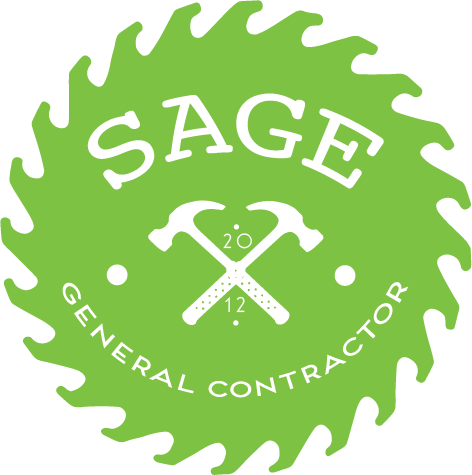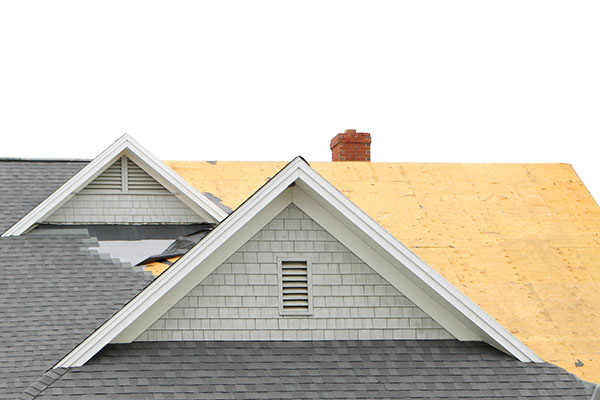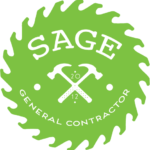The roof is one of the most important components of every home and building. It plays one of the largest roles in protecting you and your belongings from the outside elements. So, when you find your roof is in need of repair, you don’t have as much time to spend shopping around, gathering estimates, reading customer reviews, and thoroughly researching your options. Unfortunately, roofing scams are all to common.
You’ll want to move fast to make the repair happen before the situation gets worse or causes further damage – and fraudulent roofing contractors and scammers know this. That’s why countless unsuspecting homeowners and property owners fall victim to roofing scams every year. In this post, we’ll review the five most common roofing scams you may encounter, how to identify them, and how to avoid them.
Scam #1: Vanishing Down Payments
When a roofing contractor agrees to replace or repair your roof but requires a down payment before the work even begins, you should think twice before you write that check.
This particular scheme typically involves the roofing company convincing the customer to sign over or cash an insurance check under the pretense that the money is needed to purchase materials or pay upfront for labor. But once the money is handed over, the customer never gets it back. The contractor simply disappears with the down payment, leaving your wallet lighter and your roof still in disrepair.
You’re more likely to be a target of this scam if your home or property is paid for. This is because a personal check will clear faster than a check that would have to be released by a mortgage company or bank. If you are financing your home, you’re still a potential target for this scam. Some roofers will even go as far as forging an endorsement and cashing the check and disappearing before anyone is the wiser.
If you see any of these signs, don’t sign over an insurance check unless some of the required materials and supplies are delivered first.
Scam #2: Mysterious Door-to-Door Salespeople
Many victims of roofing scammers tell the tale of a door-to-door salesperson showing up at their door unannounced, offering a free roof inspection. These particular salespeople are highly trained in sales, know how to spot the right target, and know what to say.
Some may begin by offering a free roof inspection, and then make up a report of damage, create damage, or present a fake photo of someone else’s damaged roof – passing it off as your own.
Also, look into the roofing company’s background, look for customer reviews, and see what others are saying.
Scam #3: Storm Chasers
These roofers travel, following storm paths in search of recently affected homeowners and property owners to exploit. You will see these storm chasers the day after a storm has ripped through an area of town and has delivered severe hail, wind, or storm damage is especially. If your area becomes damaged by one of our Texas storms you will be susceptible to a visit from these types of scammers.
If you suspect you’re a target of a storm chaser, thoroughly research their background and claims before signing any paperwork.
Scam #4: Rate Changers
This type of roof scammer often offers an unusually low rate at the beginning (much lower than other similar competitors in the area). But once the work begins, the contractor will start throwing surprise costs and extra fees over time. Some excuses they’ll often offer are unforeseen problems and complications, as well as increases in the cost of materials.
In the worst cases, some of these scammers will actually remove the customer’s entire roof and threaten to stop the work completely – leaving them without a roof. The end result: an overall cost that is much higher than what was originally agreed upon, and even much more than what competitors would have ultimately charged.
Scam #5: High-Pressure Salespeople
Some roofing contractors come to a consultation or show up unannounced, offering a special discount or an extremely low rate – on the condition that the customer sign the contract on the spot. This kind of pitch is not only forceful, but can also include misleading claims and even outright lies – whatever it takes to pressure their target into signing a legally-binding contract.
This is a huge red flag. If you feel you may be dealing with a high-pressure salesperson, never agree to provide an upfront down payment, and don’t sign anything if you feel uncomfortable. If you ask the roofer to leave and they refuse to do so, call the police.


